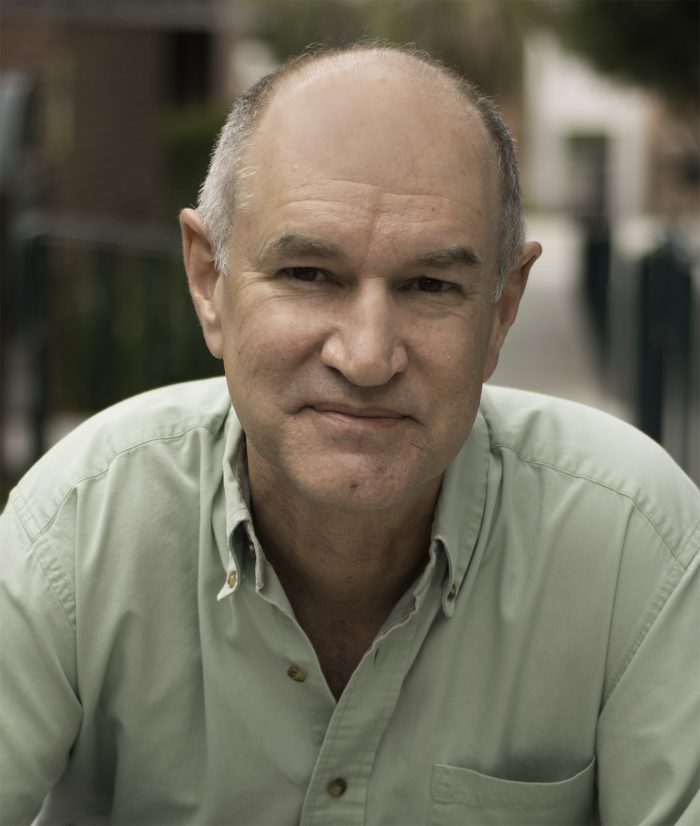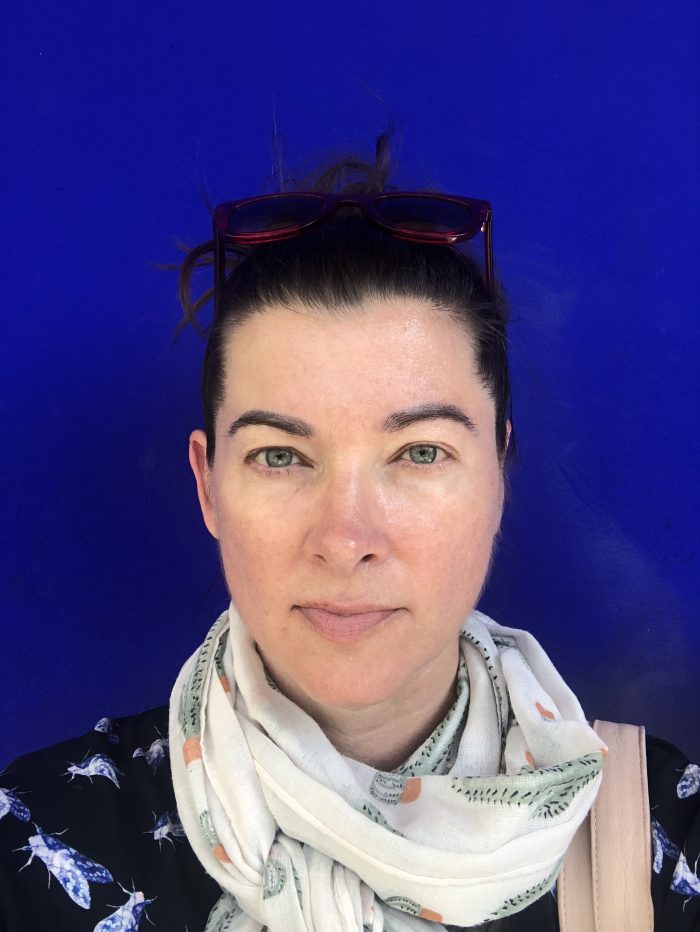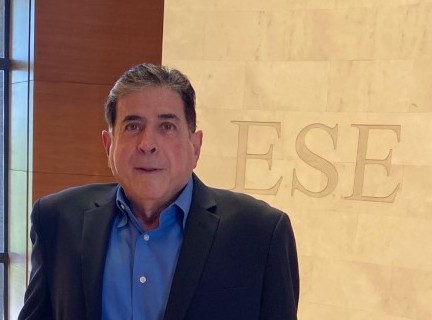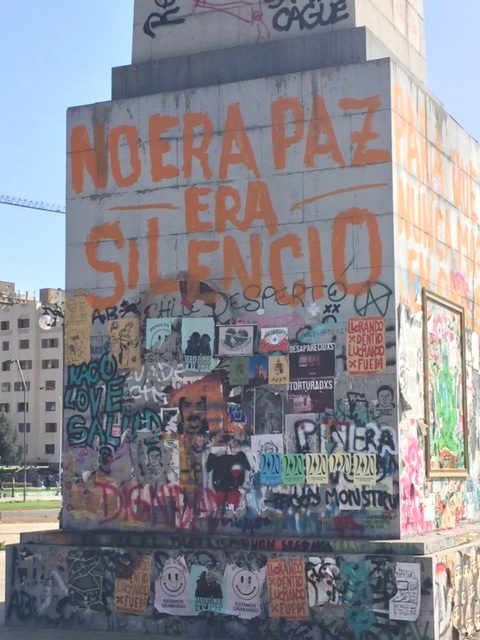Faculty Return from Sabbaticals with Stories and Achievements
Four College of Liberal Arts faculty members completed sabbaticals during the 2019-2020 school year. While some of their research was cut short by COVID-19, there are many achievements to celebrate.

During his spring 2020 sabbatical, Professor Richard Matzen wrote a poetry book, 1986 Poems: The Inner Life of a Novel, and studied high-impact practices (educational theory) and writing transfer (writing theory). This resulted in his article, “One Teacher, One Classroom: A Problem in Writing?” being published this fall in the Journal of Higher Education Theory and Practice, and his invitation to present at the Spring 2021 “Conference of Composition and Communication,” a national conference in writing studies.

Dr. Amy Converse’s intended sabbatical project was to use her dissertation on mid-century Jewish American art criticism and Golden Age superhero comics as the foundation for a book on LA-based artist Mike Kelley’s Kandors project. Produced over a decade, the Kandors project comprised drawings, videos, mixed media works and assemblages, lenticular panels, and sculptures based on the Superman comics, especially the story of Kandor, his hometown on the planet of Krypton. This project reflects Kelley’s interests in alienation, historic depictions of the future, and the nature of memory and nostalgia but it has hitherto not been closely examined by art historians in part because of its conceptual foundations in popular culture.
The culmination of Dr. Converse’s semester-long sabbatical was to have a presentation of her research at the 15th annual Arts in Society Research Network conference in Galway, Ireland in June 2020. Unfortunately, the pandemic caused the cancellation of the conference and also prohibited her from undertaking any in-person research in the Mike Kelley Archives here in Los Angeles. While she was able to read a great deal over the spring and summer during quarantine, her writing has been placed on hold until she can complete the necessary investigative work that will support this project, as is the case for many academics who rely on archive access to complete research.

Dr. H. Eric Schockman spent his sabbatical as a Visiting Scholar at ESE Business School (part of the Universidad de los Andes) in Santiago, Chile. He lectured on globalization, US foreign policy and leadership. He is currently conducting research and working in collaboration with Chilean scholars on a book pertaining to the global leadership crisis in the post-pandemic order.

Also in Santiago, Chile was Dr. Will McConnell, whose sabbatical began in late January. He presented research on ocean deoxygenation in the four major productive zones of the world’s oceans–eastern boundary upwelling systems along the major coastlines of the world. One of these zones is the Humboldt Current, which runs from the southern-most tip of Chile to the northern tip of Peru. He then traveled extensively across the Atacama desert region–the most arid region in the world–as well as across the coastal areas of Chile, as part of his research into the interface between land and coastal systems of production, movement of organic (and inorganic) compounds across these interlocking systems, and the impacts of these systems’ agricultural and other forms of waste on deoxygenation processes in the coastal oceans. He returned to Los Angeles as the pandemic took hold and completed a book on global environmental sustainability initiatives to re-design the modeling of climate change’s impacts across agricultural production, economic stability, and international and national policy issues in the world’s regions of food scarcity. The book is due out before the end of 2020.
Last Updated on October 5, 2020.